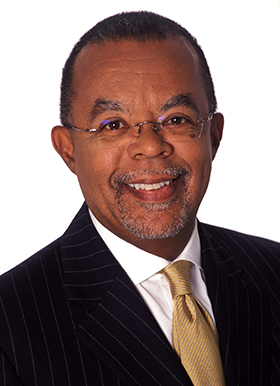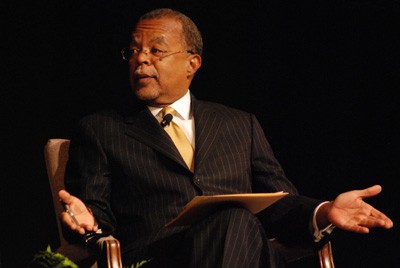
Henry Louis Gates Jr.
A pioneering scholar of African and African-American literature, Henry Louis Gates Jr., PhD, is considered one of the nation’s foremost cultural critics and a pre-eminent public intellectual. Gates received an honorary doctor of humane letters degree in 2006.
Gates, who is also director of Harvard’s W.E.B. Du Bois Institute for African and African American Research, graduated summa cum laude from Yale University in 1973. He won a Mellon Fellowship to study at Clare College at the University of Cambridge in England, where in 1979 he became the first African-American to earn a doctorate.
 In 1980, as an assistant professor at Yale, he launched the Black Periodical Literature Project, devoted to studying black newspapers published in America between 1827 and 1940. The following year he received a $150,000 MacArthur Fellowship — or “genius grant” — which culminated in his re-discovery and re-publication, in 1983, of Harriet E. Wilson’s “Our Nig; or, Sketches from the Life of a Free Black” (1859), the first novel published in the United States by a black person.
In 1980, as an assistant professor at Yale, he launched the Black Periodical Literature Project, devoted to studying black newspapers published in America between 1827 and 1940. The following year he received a $150,000 MacArthur Fellowship — or “genius grant” — which culminated in his re-discovery and re-publication, in 1983, of Harriet E. Wilson’s “Our Nig; or, Sketches from the Life of a Free Black” (1859), the first novel published in the United States by a black person.
Over the next several years Gates helped to define an African-American literary canon through a series of books, notably “The Signifying Monkey: A Theory of Afro-American Literary Criticism” (1988), winner of the American Book Award.
Writing the contemporary African-American experience
Gates has written widely on the contemporary African-American experience, in books such as “Colored People: A Memoir” (1994) and “The Future of the Race” (with Cornel West, 1996), as well as in “Thirteen Ways of Looking at a Black Man” (1997), a collection of magazine profiles.
In 1997 Gates was voted one of Time magazine’s “25 Most Influential Americans.” Other projects include developing and hosting a series of documentaries for PBS, most recently “African American Lives” (2006).